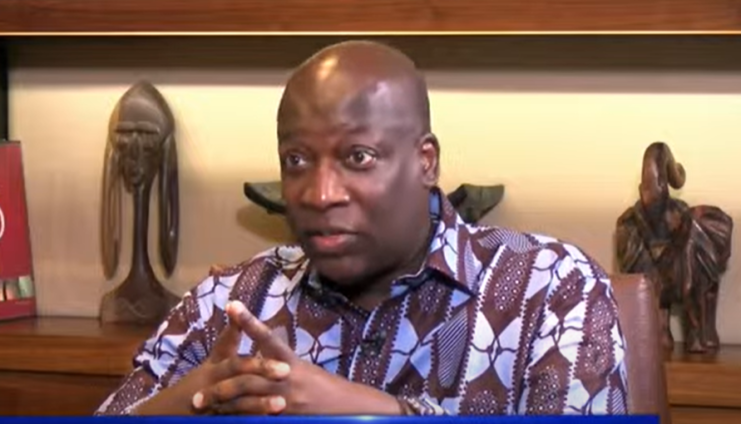The looting of core state properties in opaque circumstances, by those with political power, is a route to the very capture of that state. In the end, it is likely to lead to the negation of all pretences of democracy.
Therefore, the criteria of disclosure for the purchase of state properties by senior state actors, ought to be made very high.
In my view, it has been treated too casually by our political culture. This is something that bears all the hallmarks of related party transactions.
While I do not subscribe to an outright ban on PEPs from participating in legitimate business, such activity must be accompanied by very strict governance protocols. Public service is not a genetic obligation; those who want privacy in business should simply stay out of political office.
Asset declaration protocols, of self and close relatives (properly defined so people do not loot and then stash under others' names), need to be implemented. Then a very high bar must be placed on the disclosure of intent to sell and the sale itself, by law.
At the minimum, beneficiaries of such transactions, I suggest, should be compelled by law, to disclose financial contributions made to political parties and political actors. By them and/or any proxies acting on their behalf.
I also fail to understand, why state-owned businesses, intending to flog assets on their books, do not do so through the Ghana Stock Exchange. That approach will deepen the markets, build the muscles of the exchange, and bring greater transparency that enables broad participation.
When too often, beneficiaries of such transactions are from the party in power, it is understandable that anxiety breeds cynicism. And vice versa.
CHRAJ should move quickly to establish the facts through a diligent process. As regards the current matter of the sale of hotels by SSNIT. Until that is done, no one is guilty. Nor will even the innocent be free.
It is the facts that can lead to informed decisions on whether the divestiture of hotels is, in principle, right or wrong.
Had I my way, all such transactions since the beginning of the Fourth Republic in 1993, should be published. A democracy involves public reasoning, and public reasoning is only meaningful when it is based on the right information.
Latest Stories
-
NCCE engages political youth activists at Kumbungu on tolerance
26 seconds -
‘In Mahama’s era students lacked chalk, but are now receiving tablets’ – Bawumia
10 mins -
Project commissioning not a ploy to attract votes – Oppong Nkrumah
12 mins -
CBG records GH¢1bn revenue in Q3
14 mins -
Mahama vows to create an agro-processing zone in Afram Plains
28 mins -
Political parties should plan for losses, not just wins – IGP advises
30 mins -
524 Diasporan Africans granted Ghanaian citizenship in ceremony
31 mins -
Mahama urges Afram Plains North residents to avoid ‘skirt and blouse’ voting
33 mins -
Asantehene receives more 19th century gold ornament and regalia
40 mins -
Hohoe Ghana Blind Union organises training for members ahead of Election 2024
47 mins -
Alan Kyerematen reveals his future plans for Ghanaian Health professionals
48 mins -
AAIN empowers women and small enterprises in Upper East Region through SHINE project
49 mins -
Akufo-Addo leads nationwide commissioning of 80 educational projects
55 mins -
Ghana and Seychelles strengthen bilateral ties with focus on key sectors
1 hour -
National Elections Security Taskforce meets political party heads ahead of December elections
1 hour

